Camping and fishing go together like peanut butter and jelly. There’s nothing quite like the thrill of catching your dinner and cooking it over an open flame under the stars. But, as any seasoned camper will tell you, a successful trip hinges on preparation. Let’s dive into some top-notch camping hacks tailored for fishing enthusiasts to ensure your next adventure is a roaring success.
Preparing for the Trip
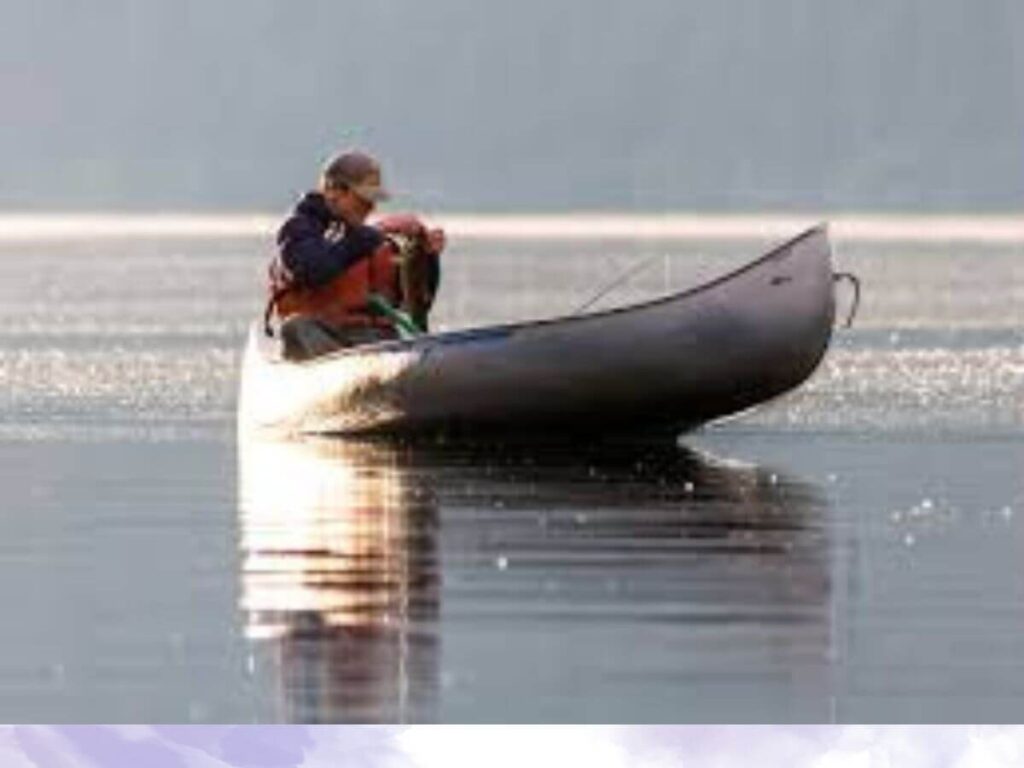
Researching the Best Fishing Spots
First things first, you’ve got to know where the fish are biting. Spend some time researching online, talking to locals, or even joining fishing forums. Websites like Fishbrain and Angler can offer valuable insights into the best spots for different types of fish.
Essential Gear Checklist
A well-prepared angler is a successful angler. Here’s a rundown of what you’ll need:
Fishing Gear
– Rods and reels
– Tackle box with a variety of lures and bait
– Fishing line and hooks
– A good fishing net
– Pliers and a multi-tool
Camping Gear
– Tent and sleeping bags
– Portable stove and cooking utensils
– Cooler for food and fish
– First aid kit
– Flashlights and lanterns
Weather Considerations
Always check the weather forecast before heading out. Pack accordingly – waterproof gear for rain, sunscreen and hats for sun, and layers for cold nights. The last thing you want is to be caught unprepared when Mother Nature decides to throw a curveball.
Packing Smart
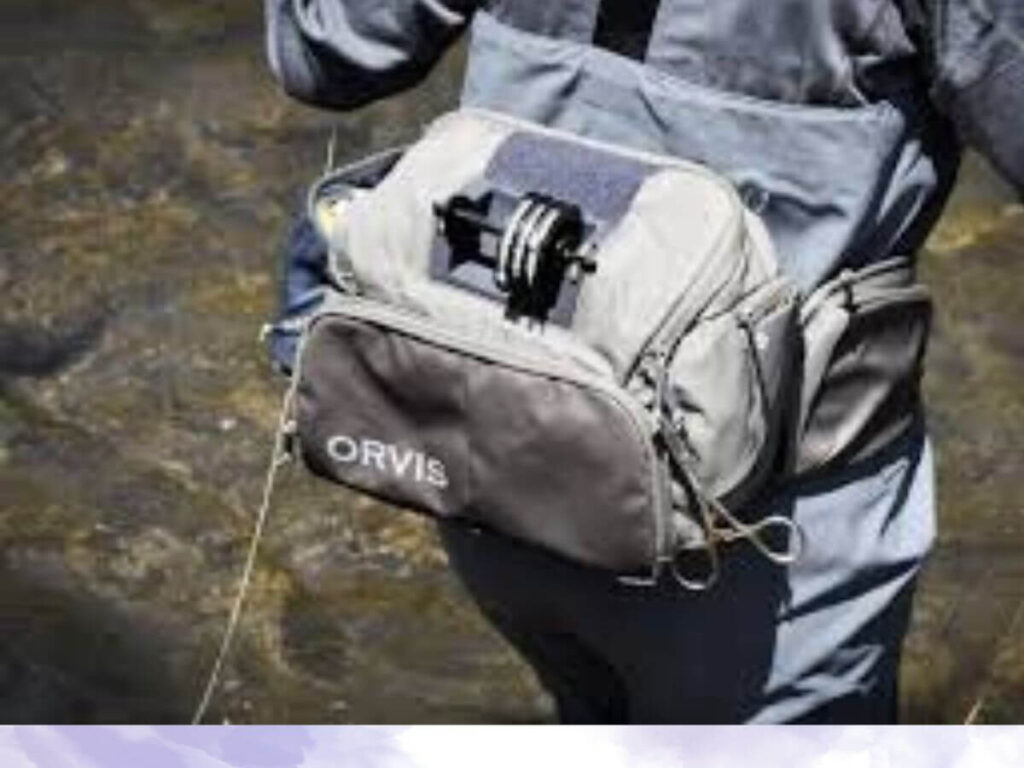
Multi-purpose Tools and Gadgets
When space is at a premium, multi-purpose tools are your best friends. Think Swiss Army knives, multi-tools, and collapsible fishing rods. These items can save space and weight, making your pack lighter and more manageable.
Compact and Lightweight Gear
Opt for gear that is compact and lightweight without compromising on functionality. Inflatable pillows, foldable chairs, and portable stoves can make your camping experience much more comfortable without weighing you down.
Setting Up Camp
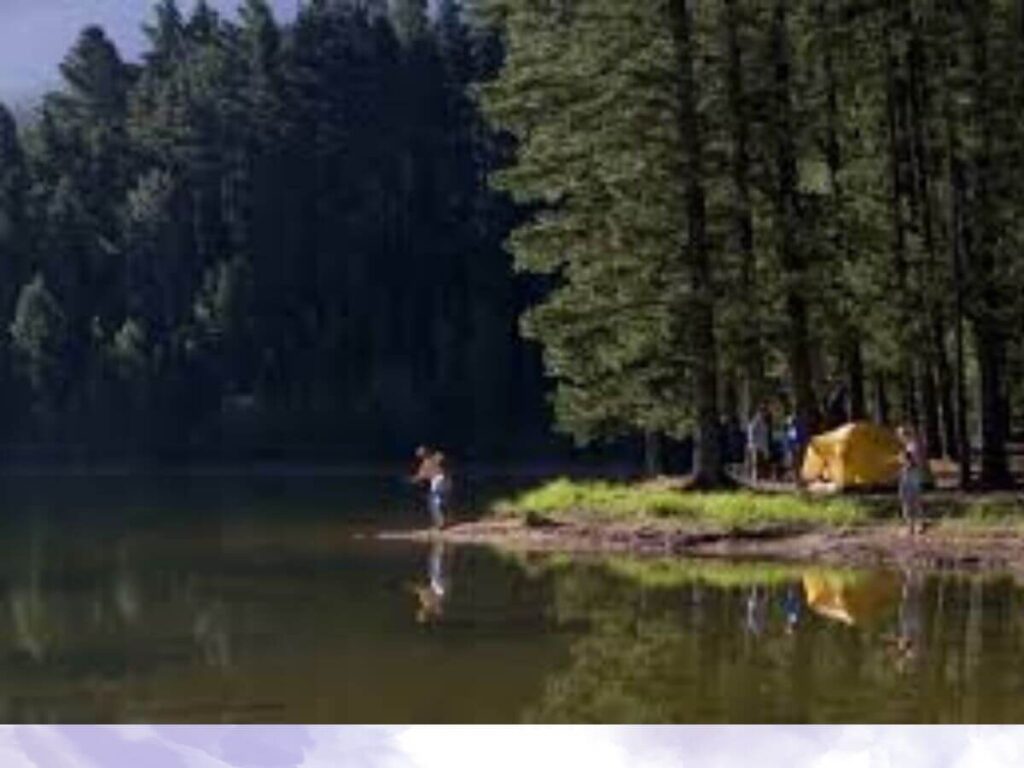
Choosing the Right Campsite
Look for a campsite close to the water but also elevated enough to avoid any unexpected flooding. Make sure there’s enough shade and that the ground is flat for your tent. Check for signs of wildlife – you don’t want any uninvited guests.
Efficient Tent Setup*
Practice setting up your tent at home before you head out. This will save you time and frustration at the campsite. Use a ground tarp to protect the bottom of your tent and to keep moisture out.
Food and Cooking Hacks
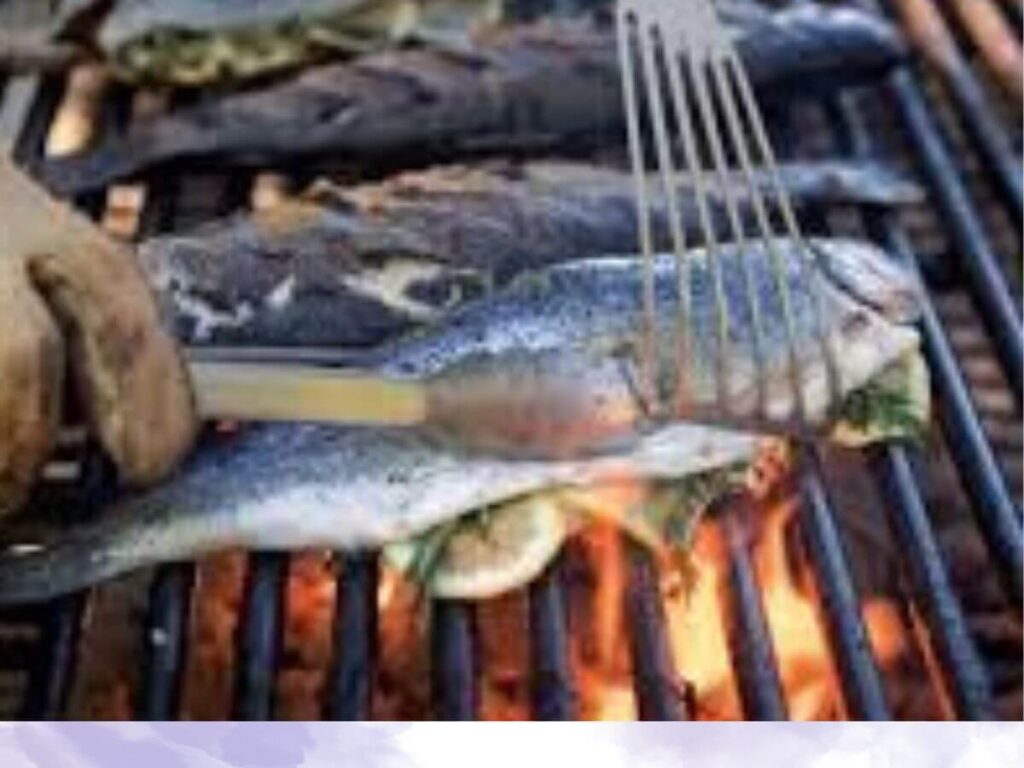
Prepping Meals Ahead of Time
Prepare as much as you can at home. Chop vegetables, marinate meats, and pre-cook rice or pasta. Store everything in resealable bags or containers for easy access and minimal cleanup.
Easy Campfire Recipes
Stick to simple recipes that require minimal ingredients and effort. Foil packet meals, skewers, and one-pot dishes are perfect for campfire cooking. Don’t forget the marshmallows for s’mores!
Storing and Preserving Food
Keep your food in a sturdy, bear-proof cooler and store it away from your sleeping area. Use ice packs and frozen water bottles to keep everything cool. Remember to hang your cooler from a tree if you’re in bear country.
Fishing Gear Maintenance
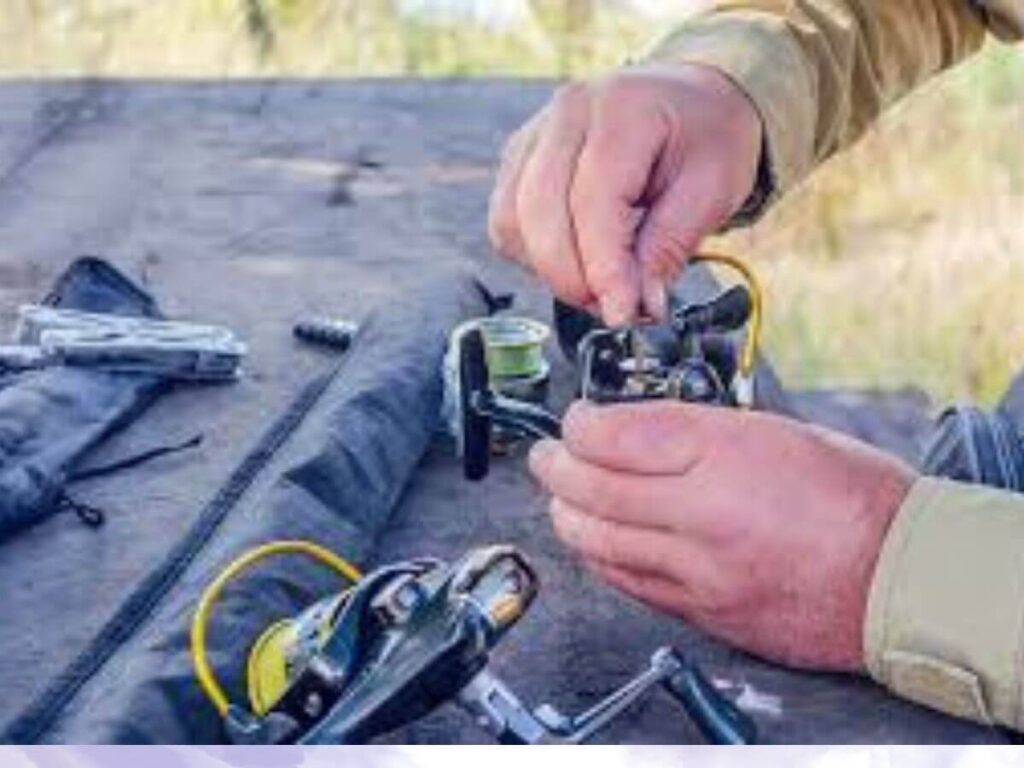
Cleaning and Caring for Your Rods and Reels
After a day of fishing, take a few minutes to clean your gear. Rinse rods and reels with fresh water to remove any dirt or salt. Dry them thoroughly before storing to prevent rust and corrosion.
Proper Storage Techniques
Store your rods in a rod holder or lay them flat to avoid bending. Keep your tackle organized in a tackle box with compartments. This not only prolongs the life of your gear but also makes it easier to find what you need when you need it.
Maximizing Fishing Success
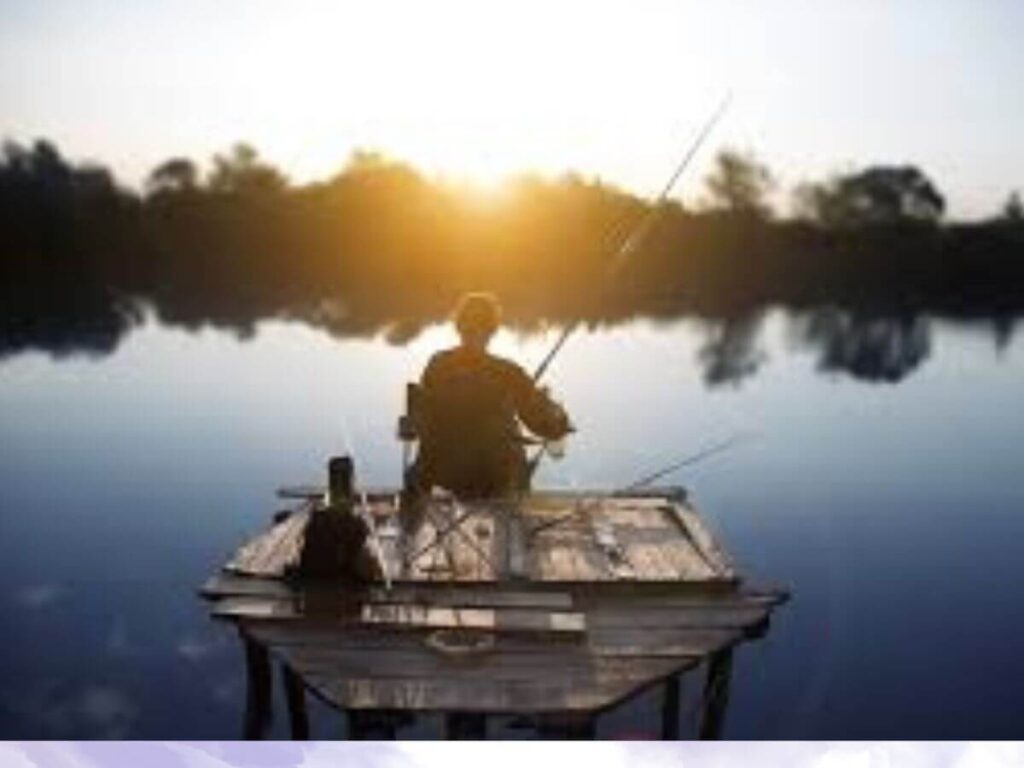
Best Times to Fish
Fish are more active during certain times of the day. Early morning and late evening are usually the best times to cast your line. Check local fishing reports for more specific advice on timing.
Using the Right Bait and Lures
Different fish are attracted to different baits and lures. Do a little research to find out what works best for the fish in your area. Live bait like worms and minnows often work well, but artificial lures can be just as effective.
Safety Measures
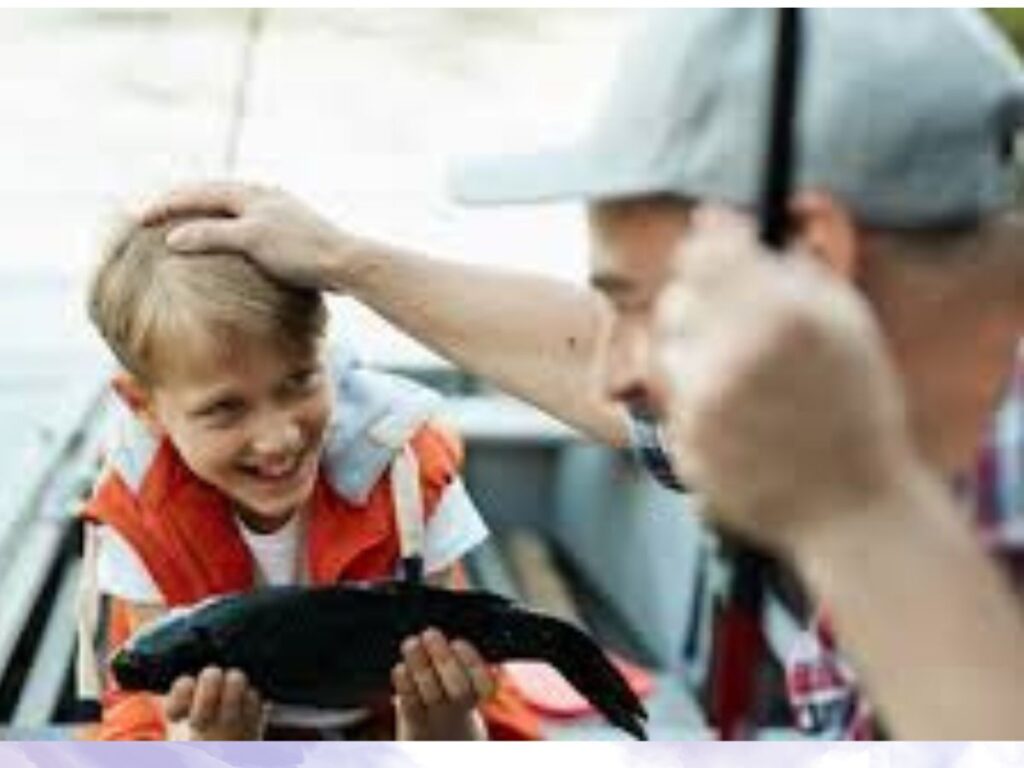
First Aid Essentials
Always carry a first aid kit. Include items like bandages, antiseptic wipes, pain relievers, and any personal medications. Knowing basic first aid can be a lifesaver in the wilderness.
Staying Safe in the Wilderness
Keep an eye out for wildlife and know what to do if you encounter it. Store food properly to avoid attracting animals. Always let someone know your plans and check in regularly if possible.
Dealing with Weather Changes

Preparing for Rain and Storms
A rainstorm can turn your trip upside down if you’re not prepared. Pack a waterproof tarp to create a shelter, and keep your gear dry in waterproof bags. Make sure your tent has a rainfly.
Staying Warm in Cold Weather
Layers are key. Pack thermal clothing, extra blankets, and a good sleeping bag rated for low temperatures. A hot water bottle can also be a great way to warm up your sleeping bag before bed.
Entertainment and Relaxation
Activities to Do When Not Fishing
Bring along a book, deck of cards, or board games for downtime. Nature walks and bird watching can also be relaxing and enjoyable. Sometimes, it’s nice to take a break from fishing and just enjoy the scenery.
Relaxation Techniques
Camping is the perfect time to unwind. Practice deep breathing, meditation, or simply enjoy the peace and quiet of nature. A hammock can be a great addition to your camping gear for some serious relaxation.
Environmentally Friendly Practices
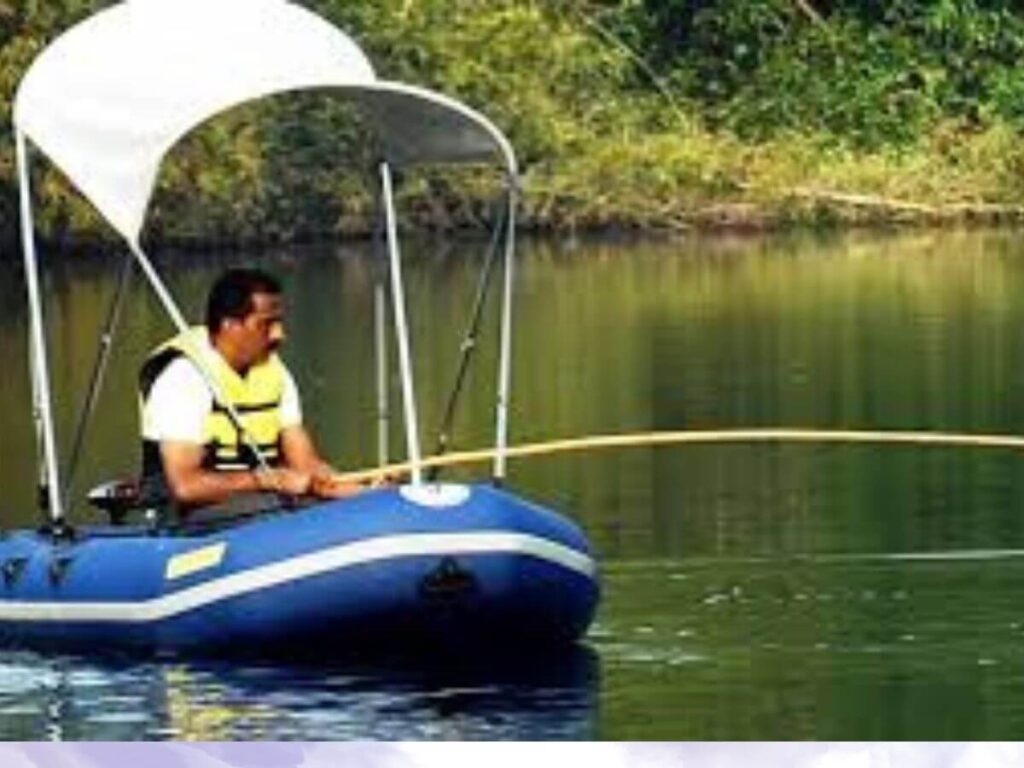
Leave No Trace Principles
Always follow the leave no trace principles. Pack out all your trash, respect wildlife, and leave nature as you found it. This ensures that future generations can enjoy the same beautiful spots.
Sustainable Fishing Practices
Practice catch and release when possible, especially with larger fish that are crucial for the ecosystem. Use barbless hooks to minimize harm to the fish.
DIY Camping Hacks

Homemade Gear and Tools
Get creative with DIY gear. Make your own fire starters using dryer lint and wax, or fashion a fishing rod holder from a tree branch. These homemade solutions can be both fun and practical.
Creative Problem-Solving
Camping often requires thinking on your feet. Use what you have to solve problems – like using a belt as a strap for your gear or a plastic bag as a makeshift rain cover.
Comfort and Convenience
Making Your Campsite Feel Like Home
Bring along a few comforts from home, like a cozy blanket or your favorite pillow. Small touches can make your campsite feel more inviting and comfortable.
Comfort Tips for Sleeping Outdoors
Invest in a good sleeping pad to provide insulation and cushioning. Earplugs and an eye mask can also help you get a better night’s sleep by blocking out noise and light.
Health and Hygiene
Staying Clean in the Wild
Pack biodegradable soap and a small basin for washing up. Wet wipes are also great for a quick clean. Don’t forget to brush your teeth and maintain basic hygiene to feel fresh.
Preventing Insect Bites and Dealing with Them
Use insect repellent and wear long sleeves and pants to protect against bites. If you do get bitten, carry some anti-itch cream or a soothing gel to relieve discomfort.
Conclusion
Camping and fishing are incredible ways to connect with nature and unwind. By using these hacks, you’ll be better prepared, more comfortable, and likely more successful on your next adventure. So pack your gear, head to your favorite spot, and make some unforgettable memories.

